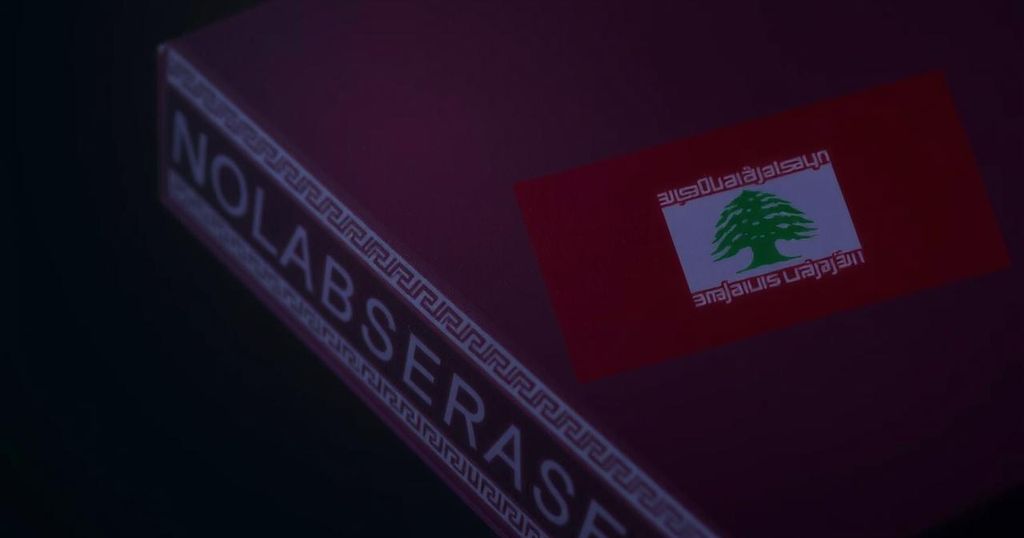The cease-fire in Lebanon between Israel and Hezbollah offers Iran a chance to regroup amidst increasing pressures on Hezbollah. While Iran claims the truce as a victory, it has actively sought to minimize Hezbollah’s losses during recent conflicts, thus providing the group an opportunity to fortify its position moving forward.
The recent cease-fire agreement established between Israel and Hezbollah in Lebanon has temporarily alleviated the pressure on Iran, a significant backer of Hezbollah. Following a week marked by escalating tensions, Iranian officials have publicly celebrated the cease-fire as a triumph for Hezbollah; however, it is noted that numerous discussions took place behind the scenes advocating for a cessation of hostilities to mitigate the losses incurred by the militant group. Consequently, this development may offer Iran a strategic opportunity to reevaluate its stance and operational capabilities within the region.
The context surrounding this cease-fire is rooted in the ongoing conflict involving Israel and various militant groups, particularly Hezbollah, which has enjoyed substantial backing from Iran. This relationship has allowed Iran to extend its influence in the region; however, the recent clashes have tested Hezbollah’s resilience and by extension, Iran’s strategic partnerships. The necessity for a cease-fire can be seen as a crucial measure to preserve both Hezbollah’s military capacity and Iran’s interests in the ongoing geopolitical landscape.
In conclusion, while Iran heralds the cease-fire as a victory for Hezbollah, the reality indicates a more strategic maneuvers on Iran’s part to recover from recent trials faced by its ally. This pause in conflict could serve as a pivotal moment for Iran to reassess its strategies and solidify its support for Hezbollah, ensuring long-term regional stability and influence.
Original Source: www.washingtonpost.com






